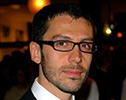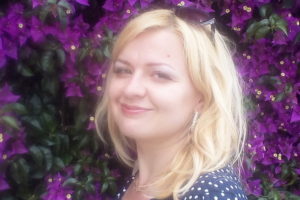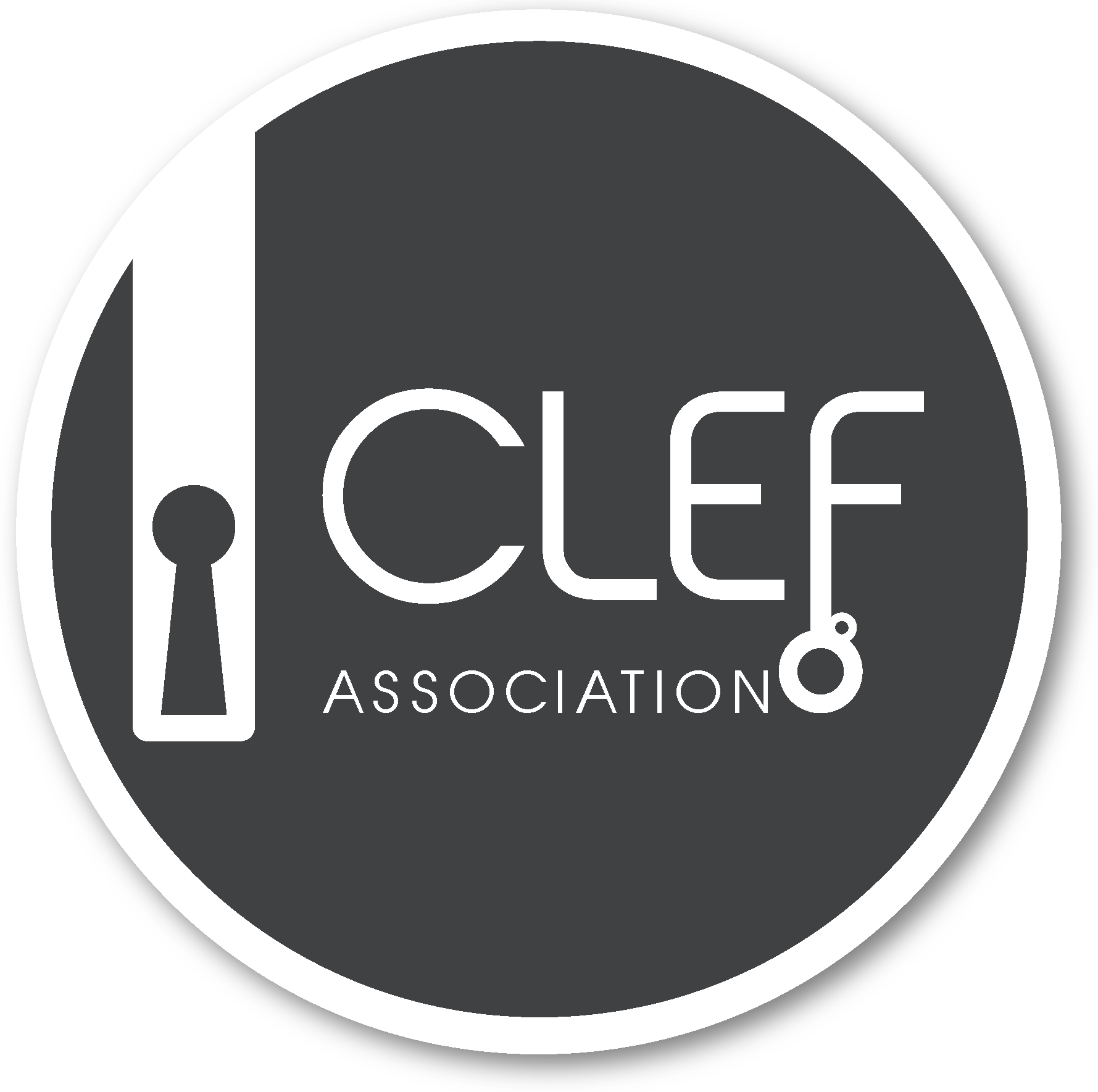| September 11 |
|
14:15-15:45
|
Labs Overviews |
| 15 min. talk |
Overview of PAN'17: Author Identification, Author Profiling, and Author Obfuscation
Martin
Potthast, Francisco Rangel, Michael Tschuggnall, Efstathios Stamatatos, Paolo Rosso, and Benno
Stein |
| 19:00-22:00 |
Welcome Reception |
| September 12 |
|
Keynotes, Chair: Paolo Rosso |
| 14:00-15:00 |
Profiling the sensorial, emotional and ironic life of a city
Rossano Schifanella |
| 15:00-16:00 |
RusProfiling: Analyzing Russian written texts to detect deception and identify the author's
personality and gender
Tatiana Litvinova |
| 16:00-16:30 |
Break |
|
Author Profiling, Chair: Francisco Rangel |
| 16:30-16:50 |
Overview of the 5th Author Profiling Task at PAN 2017: Gender and Language Variety
Identification in Twitter
Francisco Rangel, Paolo Rosso, Martin Potthast, Benno Stein
|
| 16:50-17:10 |
N-GrAM: New Groningen Author-profiling Model
Angelo Basile, Gareth Dwyer, Maria
Medvedeva, Josine Rawee, Hessel Haagsma, and Malvina Nissim |
| 17:10-17:30 |
Author Profiling with Word+Character Neural Attention Network
Yasuhide Miura, Tomoki
Taniguchi, Motoki Taniguchi, and Tomoko Ohkuma |
| 17:30-17:50 |
PAN 2017: Author Profiling - Gender and Language Variety Prediction
Matej Martinc, Iza
Škrjanec, Katja Zupan, and Senja Pollak |
| 17:50-18:10 |
Convolutional Neural Networks for Author Profiling
Sebastián Sierra, Manuel
Montes-y-Gómez, Thamar Solorio, and Fabio A. González |
| 18:10-18:30 |
Discussion |
| September 13 |
|
Author Identification, Chair: Michael Tschuggnall |
| 13:45-14:05 |
Author Clustering using Hierarchical Clustering Analysis
Helena Gómez-Adorno, Yuridiana
Aleman, Darnes Vilariño, Miguel A. Sanchez-Perez, David Pinto, Grigori Sidorov |
| 14:05-14:25 |
Overview of the Author Identification Task at PAN-2017: Style Breach Detection and Author
Clustering
Michael Tschuggnall, Efstathios Stamatatos, Ben Verhoeven, Walter
Daelemans, Günther Specht, Benno Stein, Martin Potthast |
| 14:25-14:45 |
Discovering Author Groups Using a beta-compact Graph-based Clustering
Yasmany García,
Daniel Castro, Vania Lavielle, and Rafael Muñoz |
| 14:45-15:05 |
UniNE at CLEF 2017: Author Clustering
Mirco Kocher and Jacques Savoy |
| 15:05-16:15 |
Poster Session & Break |
|
Style Breach Detection & Author Obfuscation, Chair: Efstathios Stamatatos |
| 16:15-16:25 |
Overview of the Author Identification Task at PAN-2017: Style Breach Detection and Author
Clustering
Michael Tschuggnall, Efstathios Stamatatos, Ben Verhoeven, Walter Daelemans,
Günther Specht, Benno Stein, Martin Potthast
|
|
| 16:25-16:45 |
OPI-JSA at CLEF 2017: Author Clustering and Style Breach Detection
Daniel Karaś, Martyna
Śpiewak, and Piotr Sobecki |
| 16:45-17:05 |
Overview of the Author Obfuscation Task at PAN 2017: Safety Evaluation Revisited
Matthias
Hagen, Martin Potthast, Benno Stein |
| 17:05-17:25 |
Author Masking using Sequence-to-Sequence Models
Oleg Bakhteev, Andrey Khazov |
| 17:25 |
Discussion & Closing
|
| 19:00-22:00 |
Conference Dinner |












